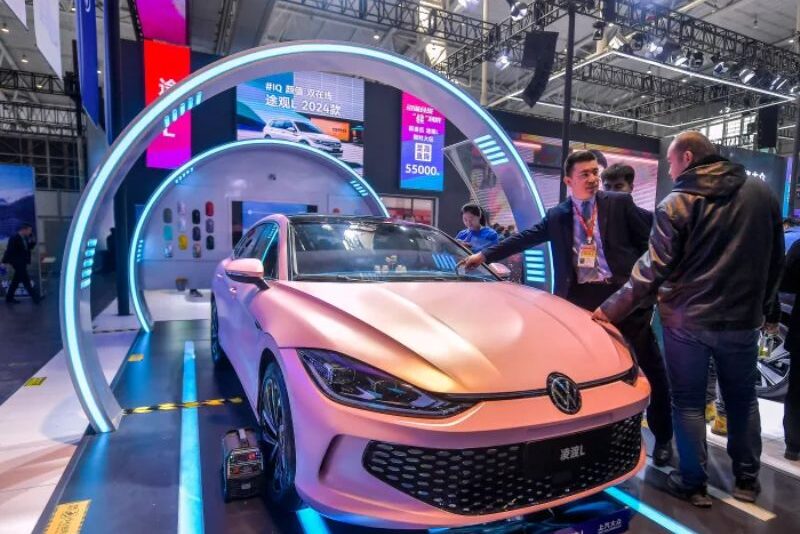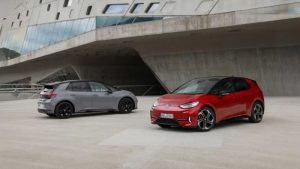
The German brand Volkswagen, long favored by Chinese auto enthusiasts, is now facing a crisis. For the past 40 years, Volkswagen has been selling models ranging from budget-friendly Santanas to high-performance Audis, maintaining a leadership position in the Chinese market. However, the emergence of domestic EV brands like BYD has significantly threatened its dominance.
Volkswagen is struggling to maintain its foothold in China due to government incentives for local brands, price cuts, and changes in policies that favor domestic electric vehicle manufacturers.
Why Are Chinese Consumers Preferring Local EV Brands Over Volkswagen?
For decades, Volkswagen vehicles symbolized quality and prestige for Chinese consumers. However, this image is rapidly fading. BYD and other Chinese automakers have not only attracted market attention with new technologies in EVs but have also advanced to the point of displacing long-established brands like Volkswagen through aggressive pricing.
According to Michael Dun, a consultant in the Chinese auto industry, “Chinese consumers now view Volkswagen as a relic of the past, a time when global brands dominated the market.” Many Chinese consumers are beginning to regard Volkswagen’s products with indifference.
Volkswagen’s most significant challenge in China is the ongoing price war among electric vehicle manufacturers. State-owned banks and local governments have been providing substantial subsidies to domestic EV makers, allowing brands like BYD to sell cars at prices up to 50% lower than production costs. Western automakers have accused this practice of creating an unfair competitive environment.
“Electric cars are being sold at discounts of up to 50%,” said a Volkswagen spokesperson, adding that the company has opted not to engage in such unhealthy competition by lowering prices. This decision has led to a 10.2% drop in Volkswagen’s sales in China over the first nine months of the year.

Is Volkswagen’s EV Strategy in China Misguided?
Media reports indicate that Volkswagen is falling behind in a Chinese market that increasingly supports hybrid and electric options. While companies like BYD are building a broad lineup of plug-in hybrids to attract consumers, Volkswagen has only recently committed to introducing hybrid cars.
To compete, Volkswagen has taken stakes in Chinese EV makers like Xpeng, but it still faces stiff competition from both BYD and Tesla, which already possess significant market shares and established models. Given this competition, Volkswagen seems unlikely to succeed.
Volkswagen’s challenges in China aren’t limited to the domestic market. The European Commission has imposed a 37% tariff on vehicles exported to Europe, putting the company in a more precarious position, especially compared to Tesla’s 7.8% tariff and BYD’s 17%.
This disparity in tariffs places Volkswagen in a challenging situation in its own backyard. The sales crisis in China has had a widespread impact on the company, prompting plans for layoffs and factory closures in Germany.
FACEBOOK COMMENTS